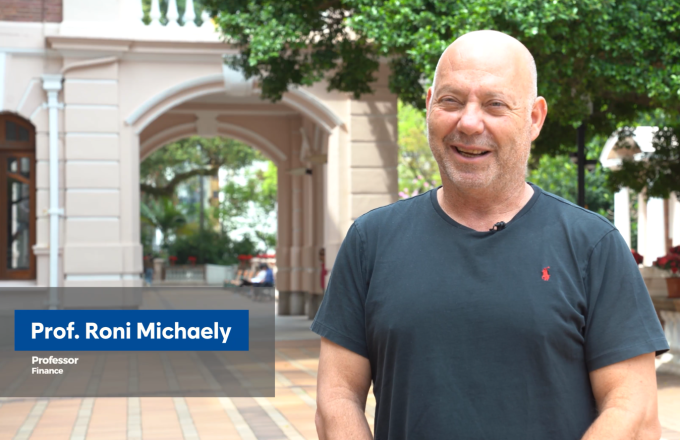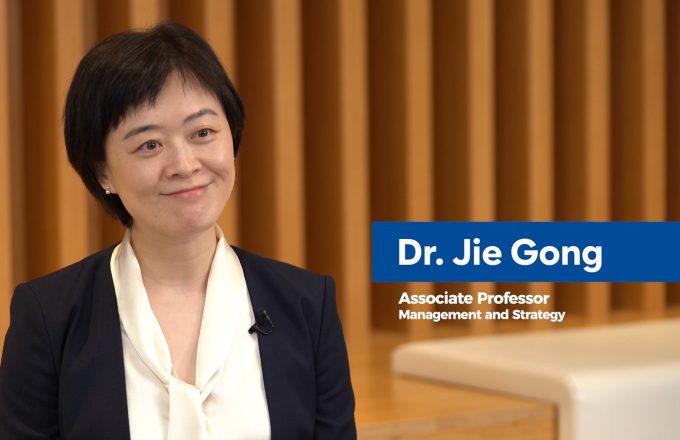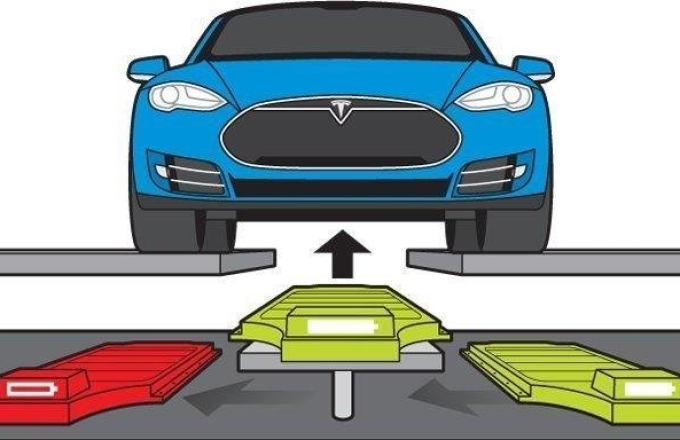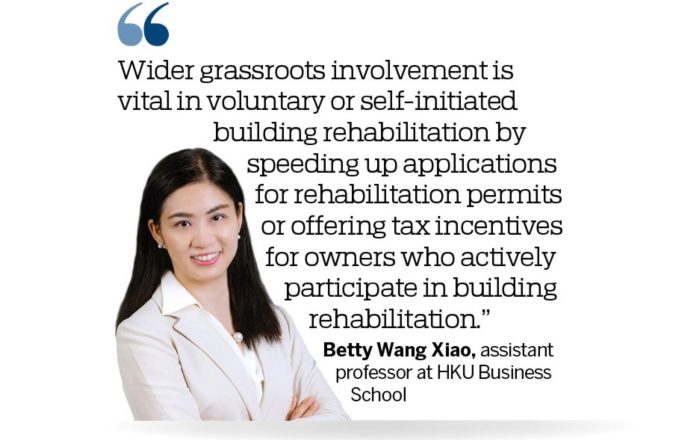How does the balance between text and pictorial content in marketer-generated social media posts affect user engagement? The authors address this question by using computer vision and natural language processing tools to extract the visual and textual features of 34,610 organic brand posts from Facebook and Instagram. Using a Confounding-and-Cluster-Robust Causal Forests model, they test how the balance of text and picture affects social media engagement across content and visual contexts. Results show that posts with greater emphasis on overlay text over pictorial content tend to have fewer likes and comments. However, the performance of text-oriented posts improves if text is more centered, informative, emotionally positive, and congruent with the pictorial content, and if the picture contains fewer prominent objects or less information such as social cues. They quantify how incremental changes in such content composition affect social media engagement. These findings set forth evidence-based principles for optimizing text and picture balance in marketer-generated content (MGC) and provide actionable guidelines on whether, where, when, and how to present text on an image. This research highlights the potential for transforming content and media creation from an imprecise art form into an empirical science nested within a data-driven visual optimization framework.
February 2026
Journal of Marketing Research






























